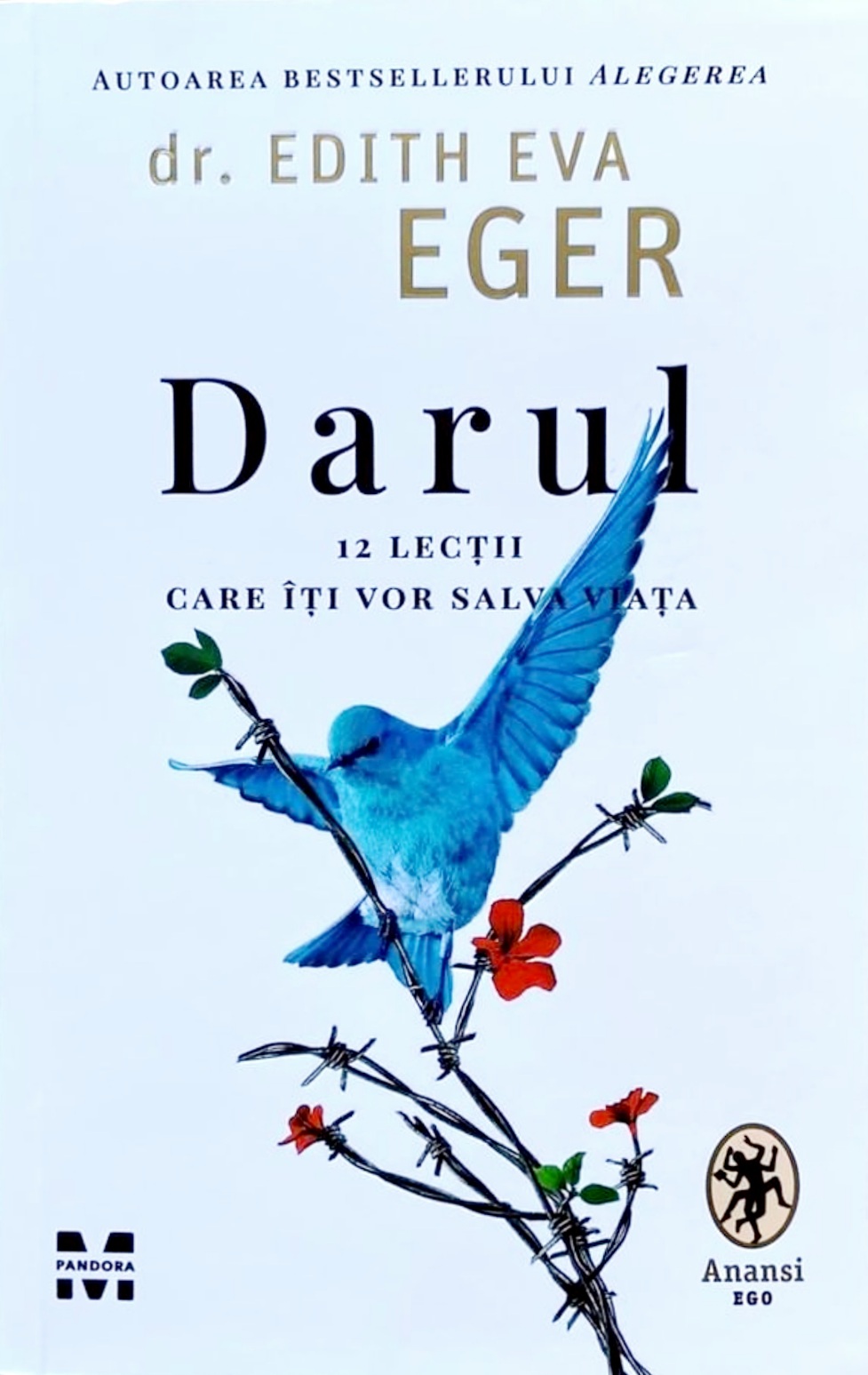What do you think?
Rate this book


224 pages, Unknown Binding
First published September 15, 2020
All therapy is grief work. A process of confronting a life where you expect one thing and get another, a life that brings you the unexpected and unanticipated.If you’ve already read The Choice then you’ll be familiar with some of the stories of Dr Eger’s life and those of her patients that are included in this book. You’ll also find stories that will be new to you, which help illustrate the points Dr Eger makes as she hands you the keys that will help you unlock the prison of your mind.
To heal doesn’t mean to get over it, but it does mean that we are able to be wounded and whole, to find happiness and fulfillment in our lives despite our loss.Twelve keys are presented in this book. Dr Eger addresses the prisons of victimhood, avoidance, self-neglect, secrets, guilt and shame, unresolved grief, rigidity, resentment, paralysing fear, judgement, hopelessness, and not forgiving.
I like to remind my patients: the opposite of depression is expression.This is one of those books where it would have been much easier to have highlighted the passages that didn’t speak directly to me. While I discovered the gems in this book in the order Dr Eger has presented them, you don’t need to do this. Each chapter is its own lesson, so you can take what you need when you need it. I know I will be rereading this book from cover to cover in the not too distant future but I also anticipate I’ll be spending more time on specific chapters over time.
What comes out of you doesn’t make you sick; what stays in there does.
Don’t be Cinderella, sitting in the kitchen waiting for a guy with a foot fetish.You could dive into this book without having experienced The Choice but I would recommend reading them in the order of publication. While you can apply the lessons to your life without knowing Dr Eger’s own story, they’re enriched by this knowledge.
I now recognize that the most damaging prison is in our mind, and the key is in our pocket. No matter how great our suffering or how strong the bars, it’s possible to break free from whatever’s holding us back.Content warnings include addiction, death by suicide, domestic violence, eating disorders, grief, gun violence, murder, racism, sexual assault, suicidal ideation and torture.
It is not easy. But it is so worth it.
“No one can take from you what you’ve put in your mind.”


